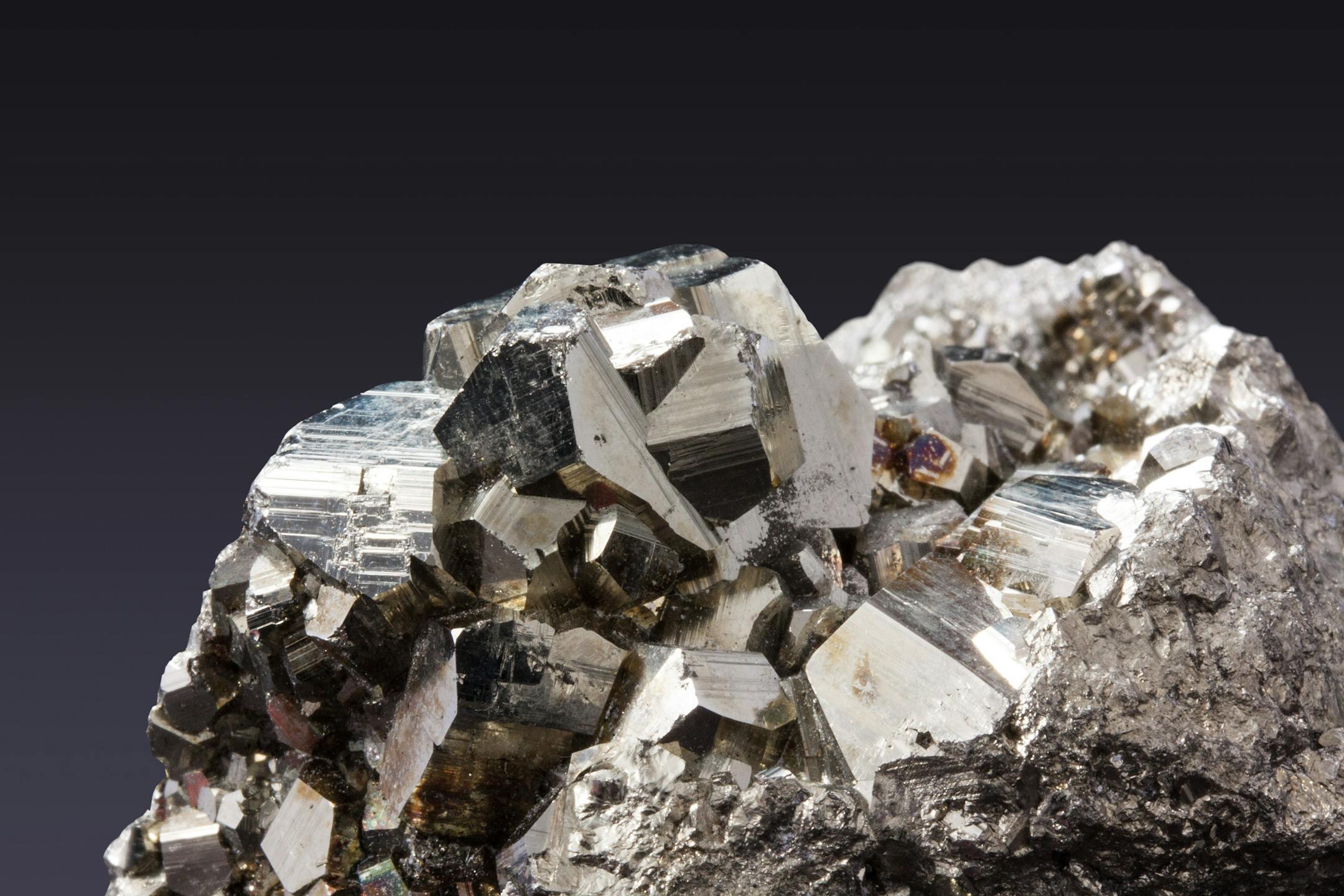
Mineral rights represent a unique and valuable asset, often overlooked by property owners. Understanding how various factors influence their value is crucial for anyone involved in real estate, investment, or energy sectors.
This blog post will explore five key elements that significantly affect the value of mineral rights, including market trends, location, and production potential.
Like any commodity, the value of mineral rights is closely tied to broader market conditions. When oil and gas prices are high, demand for mineral rights usually increases, which can raise their market value. Conversely, when prices drop or the market becomes volatile, interest in mineral rights wanes.
Global events, technological advancements in extraction, supply and demand imbalances, and even geopolitical tensions can all affect commodity prices. Monitoring energy market trends is a good way to gauge how favorable the market might be if you're considering a lease or sale.
Where your mineral rights are located plays a huge role in determining their value. Rights in or near active drilling areas, such as the Permian Basin in Texas or the Marcellus Shale in Pennsylvania, tend to be worth more due to the high production activity in those regions.
Proximity to infrastructure—like pipelines, processing facilities, or transportation networks—can also affect value. Areas with well-developed infrastructure are more attractive to oil and gas companies because they reduce operational costs and time.
Mineral rights tied to land with a proven production history generally carry more value. If wells have already been drilled and are producing oil or gas, this demonstrates that the property has real, measurable value.
However, even if the land hasn’t been developed, there could still be high potential based on geological surveys, nearby production, or existing leases. Rights with untapped but likely reserves can still fetch a reasonable price, especially in a strong market.
If your mineral rights are already leased to an energy company, the terms of that lease can significantly affect their market value. Key considerations include:
Unleased mineral rights may also be valuable, especially in high-demand areas, because they allow for flexibility in negotiating better terms.
Clear ownership and an undisputed title make mineral rights more attractive to potential buyers or lessees. However, legal issues, such as unclear heirship, unresolved probate matters, or disputes over ownership, can decrease value or delay transactions.
Ensuring your mineral rights are properly documented, with clean title records and no outstanding claims, makes it easier to sell or lease and often results in a higher valuation.
Understanding the factors that affect the value of your mineral rights puts you in a stronger position, whether you’re looking to sell, lease, or simply evaluate your investment. You can better navigate the mineral rights landscape by keeping an eye on market trends, knowing the specifics of your land’s location and production potential, and ensuring all legal aspects are in order.
If you’re unsure where your rights stand or want a professional evaluation, consider consulting with a mineral rights expert like Momentum Minerals. We are an experienced, trusted, industry-leading company that acquires mineral rights and royalties. Our team receives and manages royalties, minerals, and overriding royalties across the country, including Texas.
Reach out to our team today!